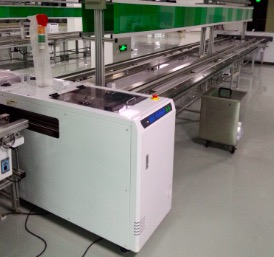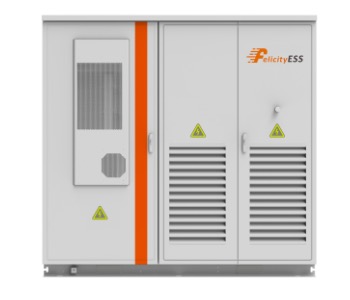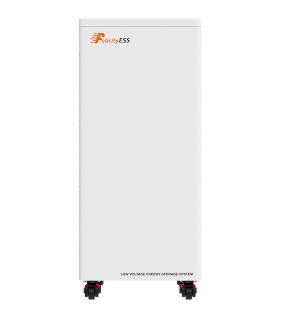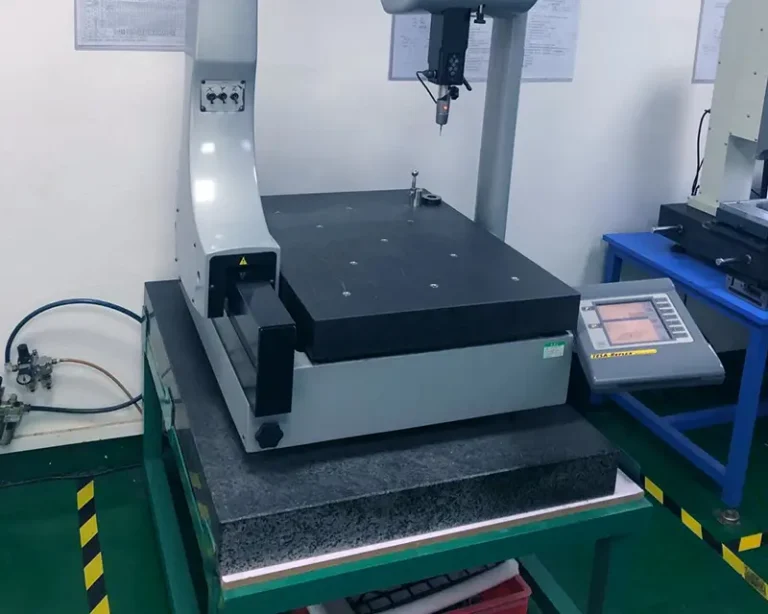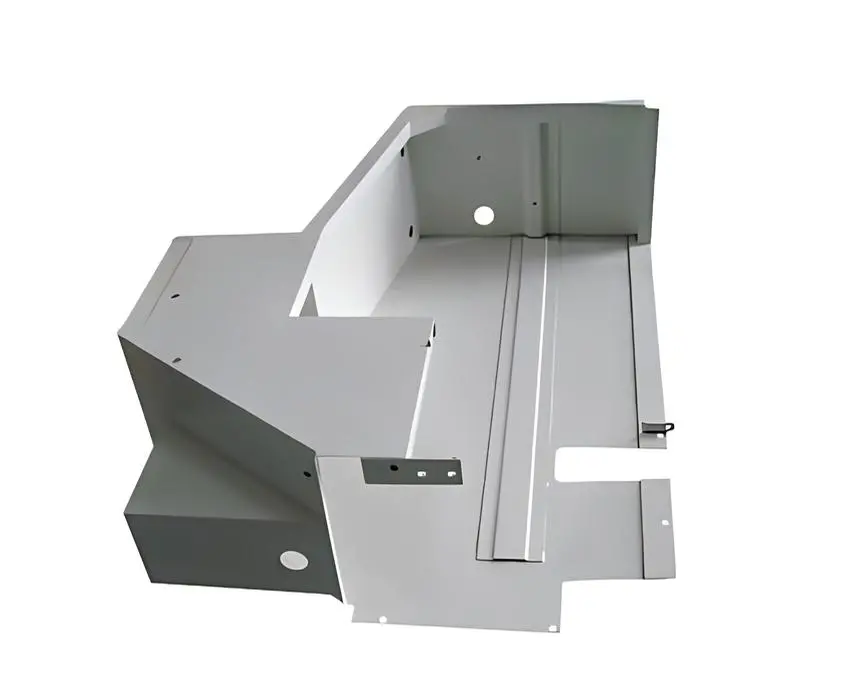目录
Overview of Energy Storage Systems
Energy storage systems (ESS) play a crucial role in modern power management by storing electricity for later use. They enhance energy efficiency, stabilize power supply, and integrate renewable energy sources such as solar and wind. Among various energy storage solutions, lithium batteries have emerged as a dominant technology due to their efficiency, long lifespan, and scalability.
Core Technology of Lithium Battery
Lithium battery is designed to store and deliver energy efficiently, leveraging advanced lithium-ion technology. The key components of these batteries include:
- Battery Chemistry – Most lithium batteries use lithium iron phosphate (LiFePO4) or nickel manganese cobalt (NMC) cells, offering a balance between safety, performance, and longevity.
- Energy Density and Efficiency –A lithium battery provides high energy density, allowing compact storage while ensuring efficient charge and discharge cycles with minimal energy loss.
- Battery Management System (BMS) – A smart BMS regulates voltage, temperature, and charging cycles to optimize battery performance and enhance safety.
Applications of 15kWh Lithium Battery in Energy Storage Systems
- Standalone Energy Storage – A lithium battery can function as an independent power storage unit for homes and businesses, ensuring backup power during outages and reducing electricity costs by storing energy during off-peak hours.
- Integration with Inverters – To maximize energy efficiency, lithium batteries are often paired with inverters that convert stored DC power into AC power for household and industrial use. This combined with an inverter ensures stable and optimized power output.
- All-in-One ESS Solutions – Some energy storage systems integrate lithium batteries, inverters, and smart control units into a single system. A lithium battery in such a setup provides seamless energy management and easy installation, making it ideal for residential and commercial applications.
- Solar Energy Storage – In renewable energy systems, lithium batteries are essential for storing excess energy generated by solar panels. A lithium battery allows homeowners and businesses to store solar power during the day and use it at night or during low sunlight periods, improving energy independence.
Advantages of 15kWh Lithium Battery
High Energy Density – Compared to traditional lead-acid batteries, lithium batteries store more energy in a smaller and lighter design.
Fast Charging and High Efficiency – A lithium battery supports rapid charging and maintains high efficiency, reducing energy waste.
Long Cycle Life – With thousands of charge-discharge cycles, lithium batteries provide a durable and cost-effective storage solution.
Eco-Friendly and Sustainable – These batteries produce no emissions, making them an environmentally friendly alternative to fossil fuel-based energy storage.
Future Trends in Lithium Battery Technology
As energy storage technology evolves, lithium batteries continue to improve in efficiency, safety, and integration with smart grids. A lithium battery with AI-driven battery management, improved thermal stability, and next-generation lithium materials will further enhance energy storage capabilities. With the rise of renewable energy adoption, the demand for high-capacity lithium batteries is expected to grow, making them a crucial component in the transition to a sustainable energy future.
0
